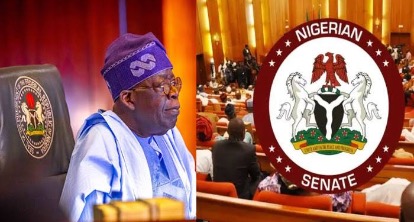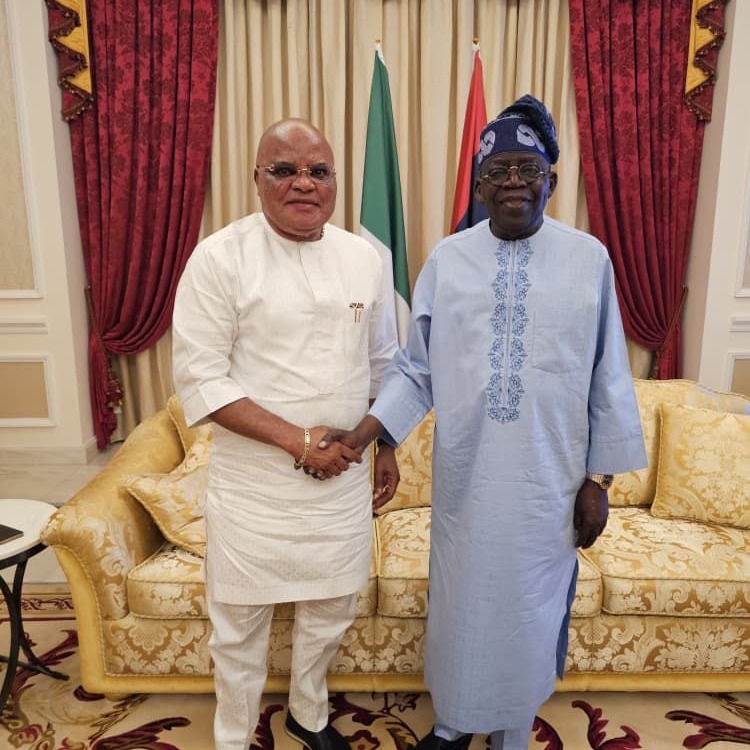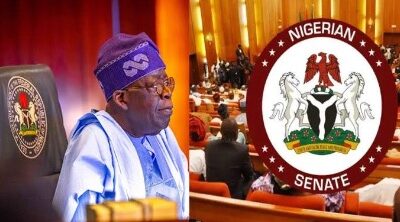Politics
A path to Ukrainian peace: Beyond exaggerated expectations
The protracted, attritional war that Russia has waged against Ukraine for nearly three years has led analysts and political leaders alike to ponder how to end this war as soon as possible and achieve a lasting peace.
Increasingly, proposals are emerging to apply a model similar to the one implemented in Germany after World War II. Adapting to Ukraine would mean that it would never relinquish the annexed territories, and the West would never recognise these territories as Russian.
However, Ukraine would accept the reality that it cannot reclaim the occupied territories through force and would commit to a non-violent approach.
In exchange, Ukraine would demand concrete, not merely symbolic, security guarantees that Russia would not repeat its aggression against Ukraine.
Just recently, both Czech President Petr Pavel and outgoing NATO Secretary General Jens Stoltenberg have expressed themselves along a similar vein. So, what is preventing the implementation of such a solution?
I would say that a problem lies in the exaggerated and unrealistic expectations held by Ukrainian citizens and a significant part of the democratic world.
This is a common phenomenon within the political sphere. Unrealistic expectations can be inadvertently cultivated not only by populists but also by well-intentioned politicians who make excessive promises to their constituents.
Such expectations pose a significant risk, not merely to the politicians who propagate them, but more importantly to the communities they represent, as these communities may find themselves on a perilous path with limited options for reversal.
Can we really make Putin kneel?
It appears that Ukraine has experienced precisely this phenomenon. The initial Ukrainian successes, including the defence of Kyiv against a blitzkrieg (a rapid invasion by Russian airborne troops at the outset of the war), the defence of Kharkiv, and the subsequent daring counteroffensive, led both Ukrainian President Volodymyr Zelenskyy and parts of the West to experience euphoria and to foster expectations of a Ukrainian victory over Russia, with Western support.
These expectations included the notion of expelling Russian forces from all occupied territories, including Crimea.
Politics
Engineers Farouk Ahmed, Gbenga Komolafe resign, President Tinubu nominates successors to the Senate for approval

President Bola Ahmed Tinubu has asked the Senate to approve the nominations of two new chief executives for the Nigerian Midstream and Downstream Petroleum Regulatory Authority (NMDPRA) and the Nigerian Upstream Petroleum Regulatory Commission (NUPRC).
The requests followed the resignation of Engineer Farouk Ahmed of the NMDPRA and Gbenga Komolafe of the NUPRC. Both officials were appointed in 2021 by former President Buhari to lead the two regulatory agencies created by the Petroleum Industry Act (PIA).
To fill these positions, President Tinubu has written to the Senate, requesting expedited confirmation of Oritsemeyiwa Amanorisewo Eyesan as CEO of NUPRC and Engineer Saidu Aliyu Mohammed as CEO of NMDPRA.
The two nominees are seasoned professionals in the oil and gas industry.
Eyesan, a graduate of Economics from the University of Benin, spent nearly 33 years with the NNPC and its subsidiaries. She retired as Executive Vice President, Upstream (2023–2024), and previously served as Group General Manager, Corporate Planning and Strategy at NNPC from 2019 to 2023.
Engineer Saidu Aliyu Mohammed, born in 1957 in Gombe, graduated from Ahmadu Bello University in 1981 with a Bachelor’s in Chemical Engineering. He was announced today as an independent non-executive director at Seplat Energy.
His prior roles include Managing Director of Kaduna Refining and Petrochemical Company and Nigerian Gas Company, as well as Chair of the boards of West African Gas Pipeline Company, Nigeria LNG subsidiaries, and NNPC Retail.
He also served as Group Executive Director/Chief Operating Officer, Gas & Power Directorate, where he provided strategic leadership for major gas projects and policy frameworks, including the Gas Masterplan, Gas Network Code, and contributions to the Petroleum Industry Act (PIA).
Engineer Mohammed played a pivotal role in delivering key projects such as the Escravos–Lagos Pipeline Expansion, the Ajaokuta–Kaduna–Kano (AKK) Gas Pipeline, and Nigeria LNG Train.
EVENTS
PRESIDENT TINUBU CONGRATULATES SENATOR IFEANYI ARARUME ON HIS BIRTHDAY

President Bola Tinubu felicitates Senator Ifeanyi Godwin Ararume, astute politician and accomplished businessman, on his birthday, December 16.
Senator Ararume’s odyssey in politics began in the late 1980s, when he served as the State Treasurer of the Liberal Convention in old Imo State. He later joined the National Finance Committee of the defunct National Republican Convention.
He represented Imo North in the 9th National Assembly. He was first elected in May 1999 and re-elected in April 2003. He also served on several committees and held other official roles.
President Tinubu commends the former senator for his years of service to the nation and contributions to its peace, unity, and progress.
The President describes Senator Ararume as a resolute and shrewd politician, highlighting his courageous and remarkable political journey through the years.
President Tinubu wishes Senator Ararume a happy 67th birthday and prays that God Almighty will grant him more years of good health and strength.
Politics
Ndigbo are no longer spectators in the Nigerian project- Minister Dave Umahi dismisses calls for Biafra under Tinubu’s administration

The Minister of Works, David Umahi, says the all-inclusive style of governance being practiced by President Bola Tinubu has made the agitation for Biafra an unnecessary clamour.
While speaking at the inspection of the Enugu-Anambra road last Saturday, December 13, Umahi said the Tinubu administration had given Ndigbo what they had sought for decades, not through secession, but through what he described as unprecedented inclusion in national governance and development.
He explained that the agitation for Biafra was historically driven by neglect, exclusion and underrepresentation at the federal level, but insisted that the situation had changed under the current administration.
“When a people are fully integrated, respected and empowered within the structure of the nation, the dream they once chased through agitation has already been achieved through cooperation.
The push for Biafran secession over the years was borne out of neglect, exclusion and underrepresentation but today the narrative has changed dramatically under President Bola Tinubu.
The President has deliberately opened the doors of national development to the South-East. Appointments, policy inputs and infrastructure priorities now reflect true federal balance.
Every sector now bears visible Igbo footprints. The emergence of Igbo sons and daughters in strategic positions is a testament to this inclusion.
Biafra was never about breaking Nigeria; it was about being counted in Nigeria. Through inclusion, equity and concrete development, Ndigbo are no longer spectators in the Nigerian project; they are co-authors of its future. When justice finds a people, agitation loses its voice.”he said
-
Business1 year ago
US court acquits Air Peace boss, slams Mayfield $4000 fine
-

 Trending1 year ago
Trending1 year agoNYA demands release of ‘abducted’ Imo chairman, preaches good governance
-

 Politics1 year ago
Politics1 year agoMexico’s new president causes concern just weeks before the US elections
-

 Politics1 year ago
Politics1 year agoPutin invites 20 world leaders
-

 Politics1 year ago
Politics1 year agoRussia bans imports of agro-products from Kazakhstan after refusal to join BRICS
-
Entertainment1 year ago
Bobrisky falls ill in police custody, rushed to hospital
-
Entertainment1 year ago
Bobrisky transferred from Immigration to FCID, spends night behind bars
-
Education1 year ago
GOVERNOR FUBARA APPOINTS COUNCIL MEMBERS FOR KEN SARO-WIWA POLYTECHNIC BORI














